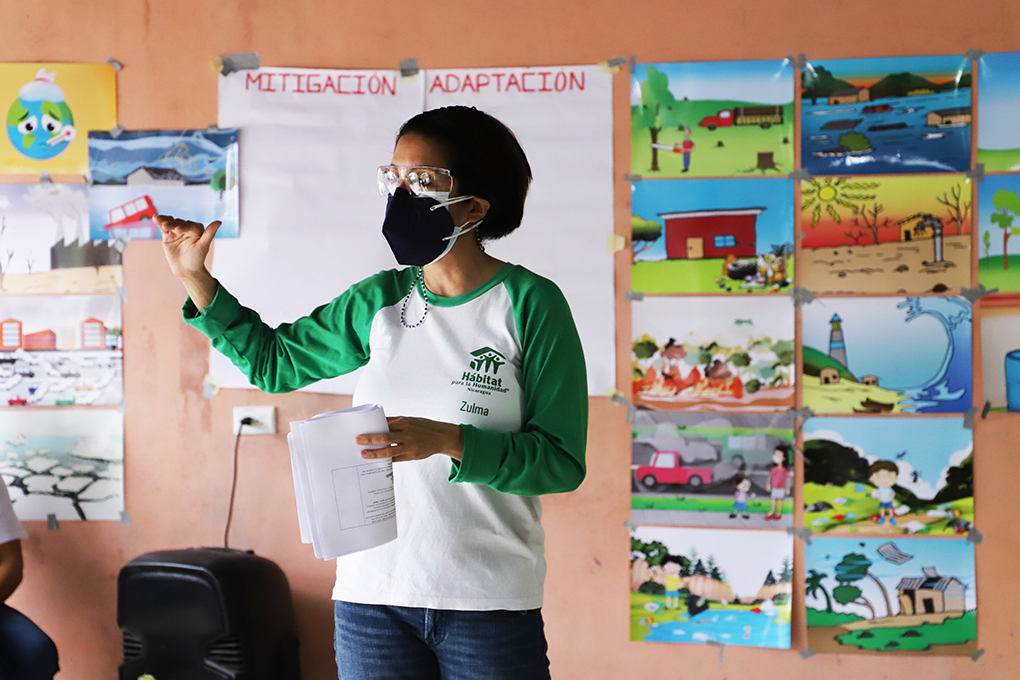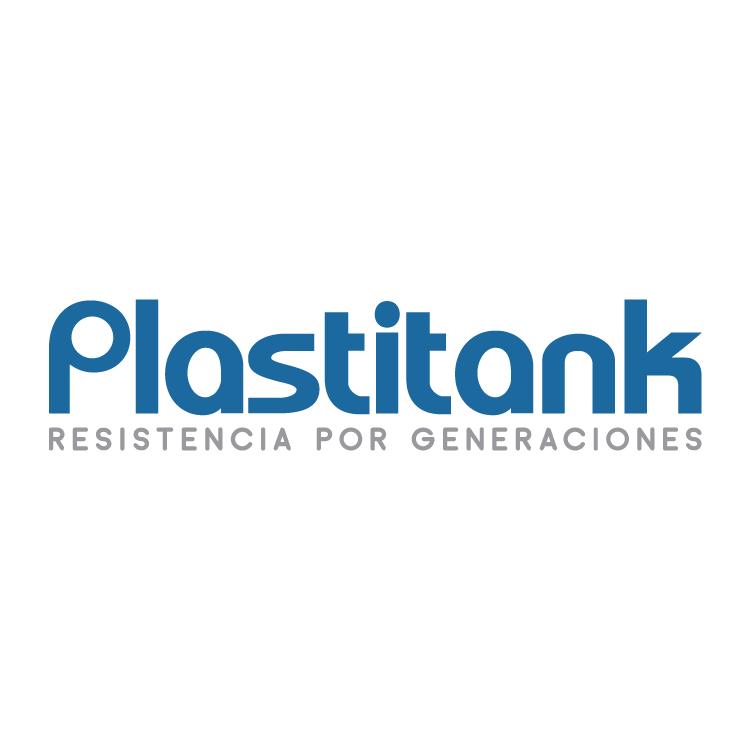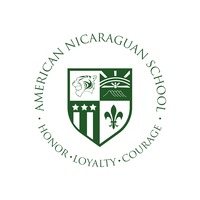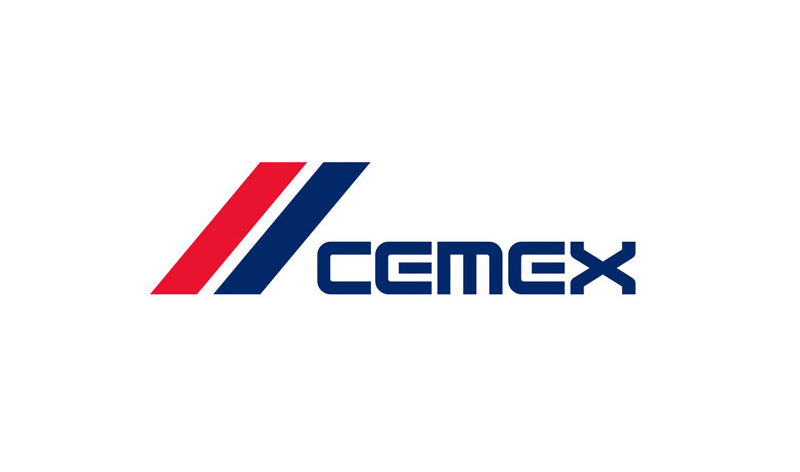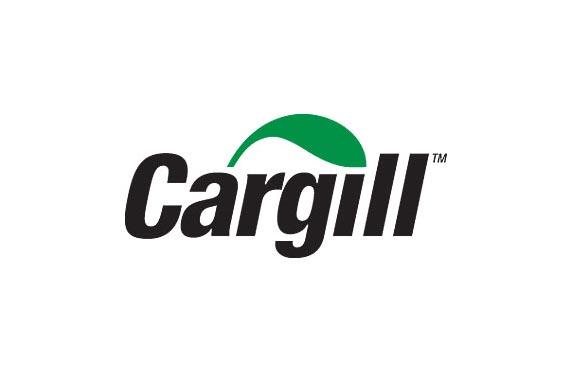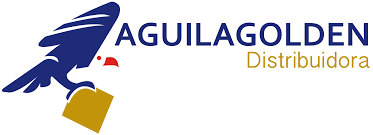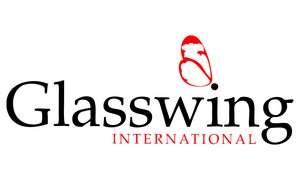-Can someone tell me what the houses of the three little pigs were made of?-asked an architect from Habitat.
“I can”-said 5-year-old Briston, as he hurriedly raised his hand and began to talk: the first one was made of straw, the second one of wood, and the third one of bricks.
Little Briston was with his grandmother, Reina, at the Climate Change and Safe Housing workshop that Habitat for Humanity Nicaragua offered to women members of the Federation of Women with Disabilities (FEMUCADI), in Juigalpa-Chontales. This workshop was part of the project titled: “Economic recovery from Home during COVID 19” which is implemented with OVG funds from Habitat International.
During the workshop, the participants learned tips on how to reduce the carbon footprint, how and how often to maintain homes; as well as the importance of using quality materials to avoid disasters at the time of an event.
“Once again we partnered with FEMUCADI to support people with disabilities, to cope with the crisis caused by Covid-19. A total of 60 people received a kit with basic necessities, hygiene and protection against COVID 19, another 40 received safe water filters and another 40 received containers to store water since they do not have access to water 24 hours a day. Access to safe water is vital for disease prevention”, explained Nancy Arostegui, Program Manager of Habitat for Humanity Nicaragua
Additionally, the work areas of 30 homes where women who have small businesses are improved to contribute to their working conditions and economic recovery.
Financial Education
The project also included a Financial Education training where people learned basic concepts such as income, expenses and availability; They also reflected through exercises on simple ways to reduce expenses, increase the amount of savings, and thus meet their financial goals.
“Sometimes you don’t realize what you’re spending, and you’re looking for the money you’ve already used. With these exercises and dynamics, you can better see where you are wasting your money. I hope it will help us all to start our businesses and take care of our finances at home,” Sobeyda, a chronic patient and member of FEMUCADI, told us.
Have been trained:
80 women from FEMUCADI in Financial Education and Safe Housing and Climate Change. Also between January and March will be improved 30 business areas from the same numbers on women with disabilities.
HIV-positive women also received support
Another vulnerable group, women living with HIV who are part of the ICW Latin American Network, was part of the project. “The fact that Habitat has continued to support us is important to us and demonstrates the organization’s humane approach towards HIV-positive women. Many of us are unemployed and live in areas where access to water is scarce. The containers and the safe water filters came to ease the life of each beneficiary because we can store safe drinking water and protect ourselves from diseases”, said María Teresa Martinez, ICW National Coordinator.
40 women received kits of basic necessities, hygiene and protection against COVID-19, safe water filters, and containers for water storage. 30 of them participated in financial education and safe housing training, and 10 will benefit from improvements in the work areas of their homes where their small businesses operate.



